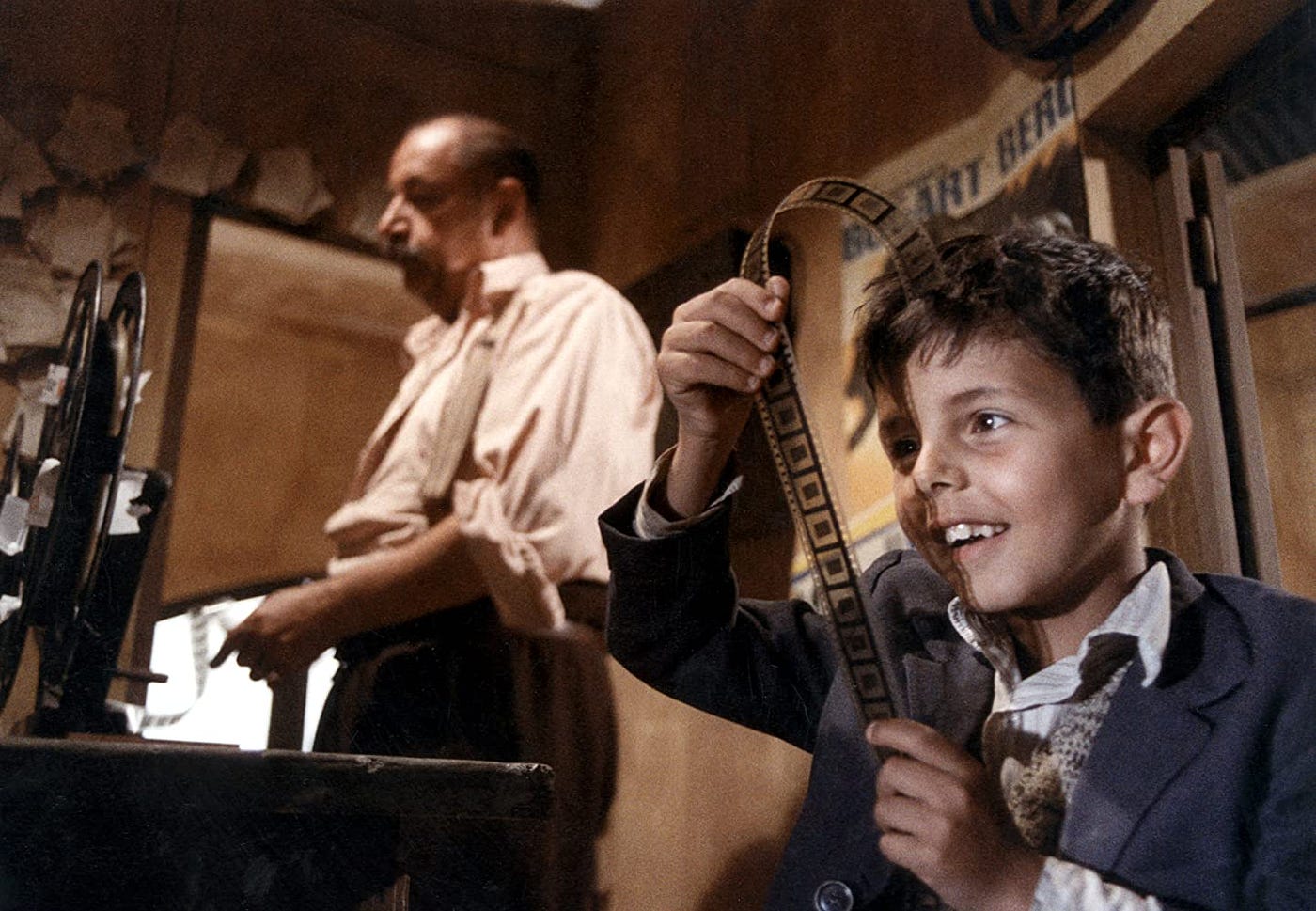The 2010 film The Social Network, directed by David Fincher and scripted by Aaron Sorkin, is more than a biographical account of Facebook’s creation. In the context of the digital age, the movie serves as a multi-faceted representation of technological disruption, the redefinition of human relationships, and the ethical ambiguities that permeate our increasingly connected society. Examining what The Social Network truly represents today requires an exploration of its themes, real-life underpinnings, and the evolving digital landscape.
Entrepreneurship in the Digital Age and the Worship of Innovation
At its core, The Social Network dramatizes the origin story of Facebook, embodying the digital era’s archetype: the college drop-out genius who upends traditional industries. The film crystalizes how the early-2000s tech boom transformed dorm rooms into breeding grounds for billion-dollar startups. Mark Zuckerberg’s relentless drive, as portrayed by Jesse Eisenberg, mirrors Silicon Valley’s culture of innovation, where audacious ideas—amplified by code—can reshape not just economies but the fabric of human interaction.
The movie portrays how the internet era expanded access to opportunities while also creating a new group of elites: individuals with the technical expertise and foresight needed to leverage extensive networks. The portrayal of Ivy League universities as breeding grounds for technological innovation is rooted in fact. Data from Crunchbase and AngelList highlight that many unicorn startups were launched by founders who attended prestigious universities, thus supporting the narrative presented in the film.
Transforming Relationships and Group Interactions
The tagline, “You don’t get to 500 million friends without making a few enemies,” captures a fundamental paradox of the digital age. Social media platforms, Facebook chief among them, have radically redefined the concept of friendship. The Social Network delves into the tension between real human relationships and digital connectivity. The personal fallout between Zuckerberg and Eduardo Saverin, his co-founder, exemplifies the way technology can both catalyze and erode trust.
Studies such as these emphasize the point: A report from the Oxford Internet Institute noted that even though a typical Facebook user could have numerous online connections, significant offline bonds either stayed the same or decreased, demonstrating Dunbar’s number theory. The film’s storytelling strength lies in how it reflects this contradiction—focusing not only on the expansion of social networks, but also the personal sacrifices involved.
Ethics, Ownership, and the Digital Gold Rush
The question of intellectual property haunts the film, embodied in the legal battles between Zuckerberg, the Winklevoss twins, and Saverin. This dramatization echoes broader trends in digital innovation: the tension between collaborative creativity and ruthless competition. The movie is a window into a world where the race to claim ownership supersedes traditional ethical boundaries.
The movie’s legal drama underscores patterns in the tech sector, where cases such as Google vs. Oracle or Snapchat’s origins highlight enduring disputes about code, ideas, and credit. These conflicts are not merely plot devices but are emblematic of a digital economy that often prizes speed and market dominance over ethics and fair play.
Stories of Disconnection in an Overconnected World
A persistent theme in The Social Network is the depiction of solitude amidst widespread connection. Mark Zuckerberg, while creating a tool meant to unite individuals, is shown as inherently solitary—a concept often highlighted in studies about the psychological effects of social networks. A study from the American Journal of Preventive Medicine (2017) found a link between heavy use of social media and feelings of social loneliness in young adults. Consequently, the movie can be seen as both a creation narrative and a warning story.
a través de su paleta de colores fríos, diálogos rápidos y el guion de Sorkin, la película describe un escenario donde la ambición es emocionante, pero las relaciones son desechables. anticipa debates sobre el impacto de las plataformas digitales en la salud mental, la autoestima y las conexiones humanas, temas que se han vuelto más relevantes en el mundo posterior a 2010.
The Power Dynamics of Data and Influence
Although based in Facebook’s infancy, The Social Network predicts the vast influence digital platforms would eventually gain. Apart from linking individuals, Facebook’s transformation into a marketing powerhouse relying on data and a crucial player in political and social conversations isn’t directly shown in the film but becomes evident with hindsight. The film’s depiction of Facebook as an entity that swiftly surpasses its founders’ moral guidelines reflects ongoing issues regarding platform responsibility.
Cambridge Analytica and the continuous discussions about content moderation highlight how current digital powerhouses possess an influence surpassing that of companies in past times. The Social Network serves as a forward-thinking story, encouraging viewers to consider the extent of control we actually hold over technologies that essentially define our societal reality.
Legacy for the internet
Over a decade later, the impact of The Social Network persists not simply through its storytelling but as a cultural lens on our collective digital journey. Its enduring relevance lies in the questions it poses—about innovation’s double-edged sword, the mutable definition of connection, the ethics of ownership, and the profound solitude that can characterize digital life.
Witnessing the movie in contemporary times prompts a thoughtful examination of what has been achieved and lost in the unyielding quest for connection and advancement. By illustrating rapid triumph and individual consequences, The Social Network mirrors the aspirations and fears that characterize the digital era, encouraging ongoing introspection about the paths we take and the principles we uphold in our interconnected society.




